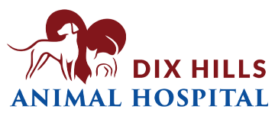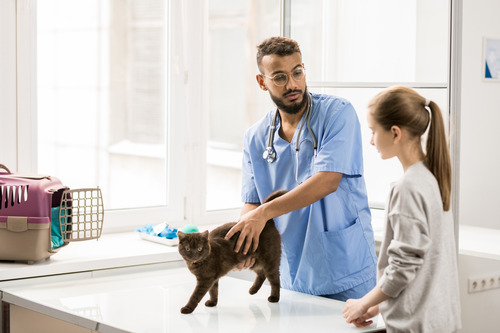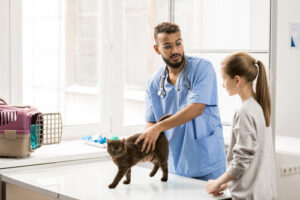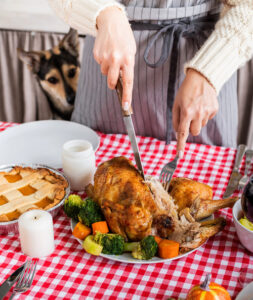It can be a bit surprising to see your cat drooling. Most cats are known for their tidy grooming habits and typically don’t slobber like dogs do. So when you spot saliva dripping from your cat’s mouth, it’s understandable to feel concerned. Although cat drooling isn’t always a sign of a serious health problem, it can indicate an underlying issue that should be addressed. If you’ve noticed your cat drooling more than usual, you’re not alone. Many pet owners in Huntington, NY, bring their cats to Dix Hills Animal Hospital to find out what’s behind this behavior.
Normal vs. Abnormal Cat Drooling
Not all cat drooling is cause for alarm. In some cases, cat drooling can happen during moments of relaxation, such as when your cat is purring or being petted. This kind of drooling tends to be light and infrequent. Some cats also drool a bit when they are extremely content, especially if it’s associated with kneading or snuggling. However, if your cat is drooling excessively, or if the drooling is accompanied by other signs such as lethargy, pawing at the mouth, loss of appetite, or behavioral changes, it may point to a health concern. Persistent cat drooling is not something to ignore. A visit to your veterinarian can help determine the cause and what steps to take next.
Common Medical Reasons for Cat Drooling
There are a number of medical conditions that could lead to excessive cat drooling. Some are minor, while others require prompt veterinary attention.
Dental Disease
Dental issues are one of the most common causes of cat drooling. Cats can develop tartar buildup, gum disease, and painful conditions like stomatitis or resorptive lesions. These problems often result in inflammation, discomfort, and excessive saliva production. Cats with dental disease may also have bad breath, trouble chewing, or a noticeable drop in appetite. Since dental issues tend to progress over time, regular checkups at Dix Hills Animal Hospital are important. Your veterinarian can identify early signs of dental disease and recommend a dental cleaning or other treatments as needed.
Oral Injuries or Foreign Objects
Cats are naturally curious and may chew on inappropriate items, which can lead to injuries inside the mouth or something becoming stuck between the teeth or gums. If your cat suddenly starts drooling and seems distressed, an oral injury or foreign object could be the cause. Look for signs like bleeding, difficulty closing the mouth, or visible swelling. This type of cat drooling usually requires a prompt veterinary exam to locate and remove the object safely.
Nausea or Toxin Exposure
Cats can become nauseated for many reasons, including gastrointestinal upset, certain medications, or underlying illnesses. In some cases, nausea-related drooling is temporary. But if it persists or is paired with vomiting, diarrhea, or changes in appetite, your cat should be evaluated. Toxin exposure is a more serious concern. Ingesting certain plants, household cleaners, or medications not meant for pets can cause drooling as a symptom of poisoning. Call your veterinarian immediately if you believe your cat may have been exposed to a toxin.
Oral Tumors
Tumors in the mouth or throat can also cause cat drooling. These growths may be benign or malignant, but either can interfere with your cat’s ability to swallow comfortably. Other signs may include a lump in the mouth, facial swelling, or weight loss. While tumors may not be the most common cause of cat drooling, they should always be ruled out when drooling becomes persistent or unexplained. Your veterinarian can perform an oral exam and recommend diagnostics such as imaging or a biopsy if needed.
Behavioral Causes of Cat Drooling
In addition to medical reasons, cat drooling can sometimes have behavioral or situational causes. These are usually short-lived and less concerning, but they’re worth understanding.
Stress or Anxiety
Cats can become anxious during car rides, vet visits, or changes in their environment. Some cats drool excessively when they’re frightened or stressed. You may see this happen during travel or when your cat is in an unfamiliar setting. If stress-induced drooling happens occasionally and resolves once your cat is calm, it’s typically not a sign of illness. Still, let your vet know if this behavior becomes more frequent.
Heat or Motion Sickness
Drooling caused by motion sickness or overheating can also occur, especially during summer travel. Cats that aren’t used to riding in a car may experience nausea and salivation. If your cat drools heavily after time in a hot space or during a drive, motion sickness or heat exposure may be the cause. Make sure to keep your cat cool and safe during warmer months and secure in a well-ventilated carrier during travel. If motion sickness persists, your veterinarian may offer options to help make travel easier.
When Should You Call Your Vet About Cat Drooling?
While the occasional drool during a nap or snuggle session might not be anything to worry about, frequent or heavy drooling deserves a closer look. Here are some signs that it’s time to book an appointment:
- Drooling that lasts more than a day
- Visible discomfort or pawing at the mouth
- Loss of appetite or trouble eating
- Bleeding or foul odor from the mouth
- Vomiting or signs of nausea
- Facial swelling or lumps around the mouth
If you notice any of these symptoms along with your cat’s drooling, call Dix Hills Animal Hospital in Huntington, NY at (631) 271-8383 or book an appointment online today. Our team will evaluate your cat to determine what’s causing the drooling and recommend next steps.
